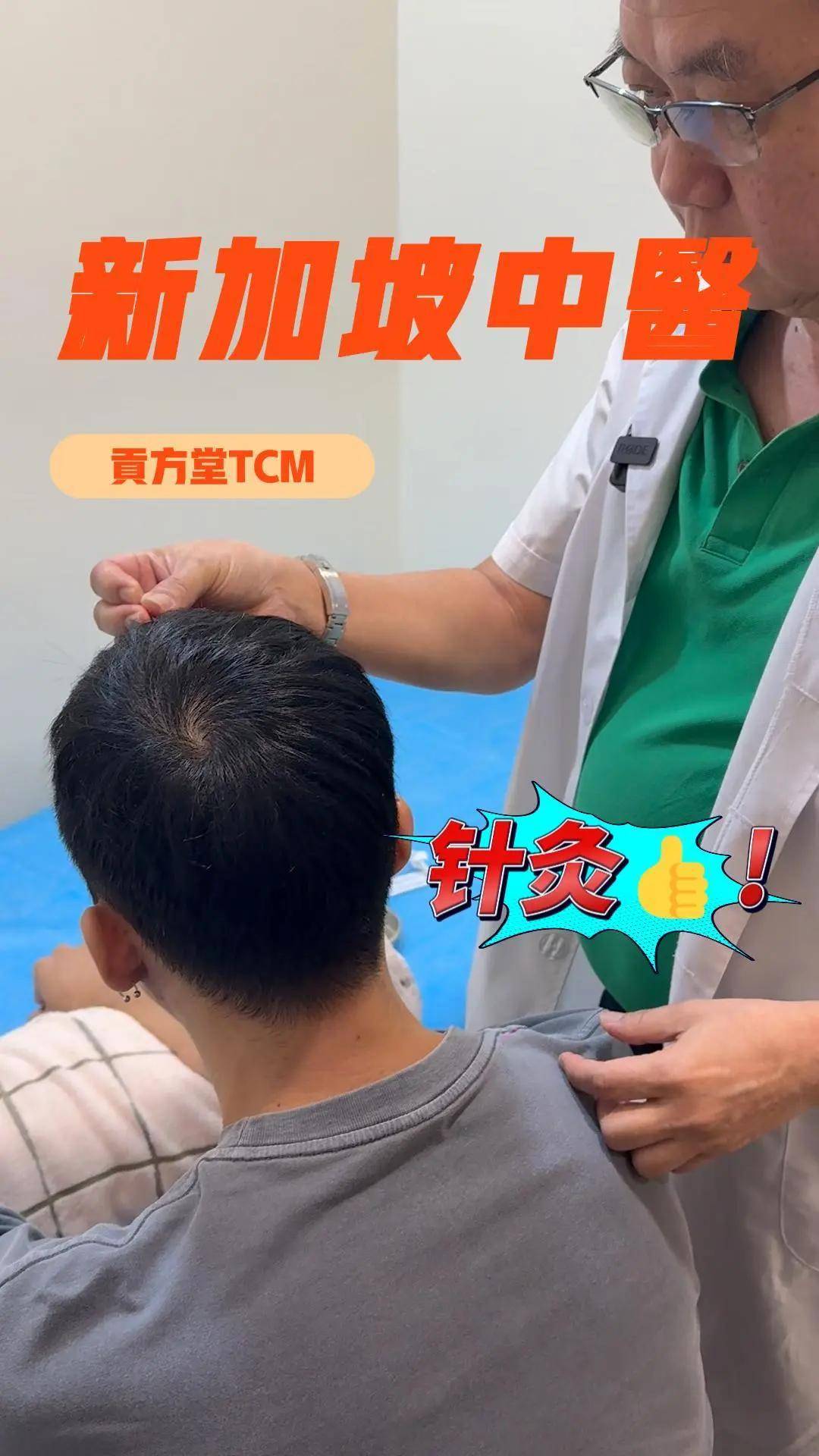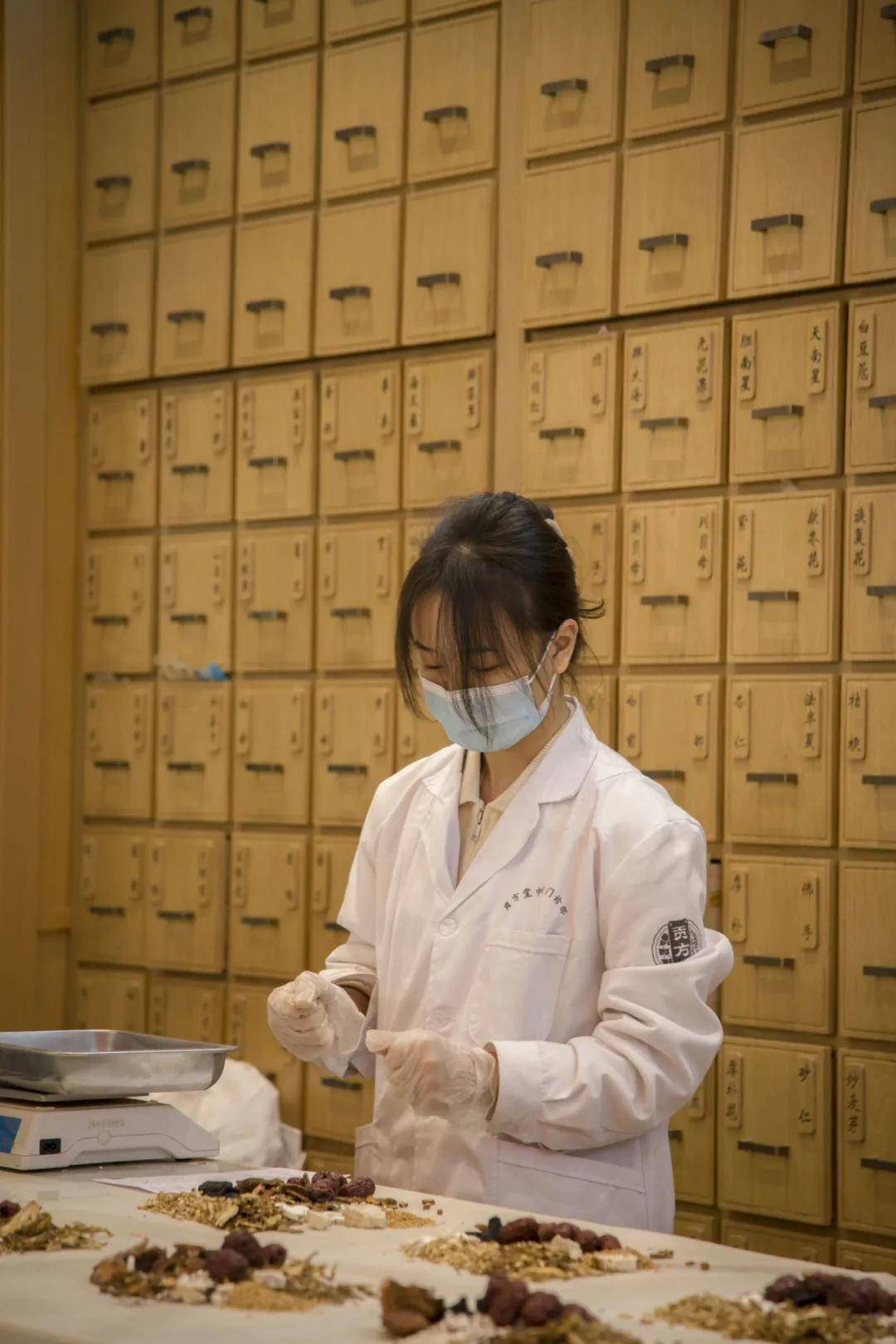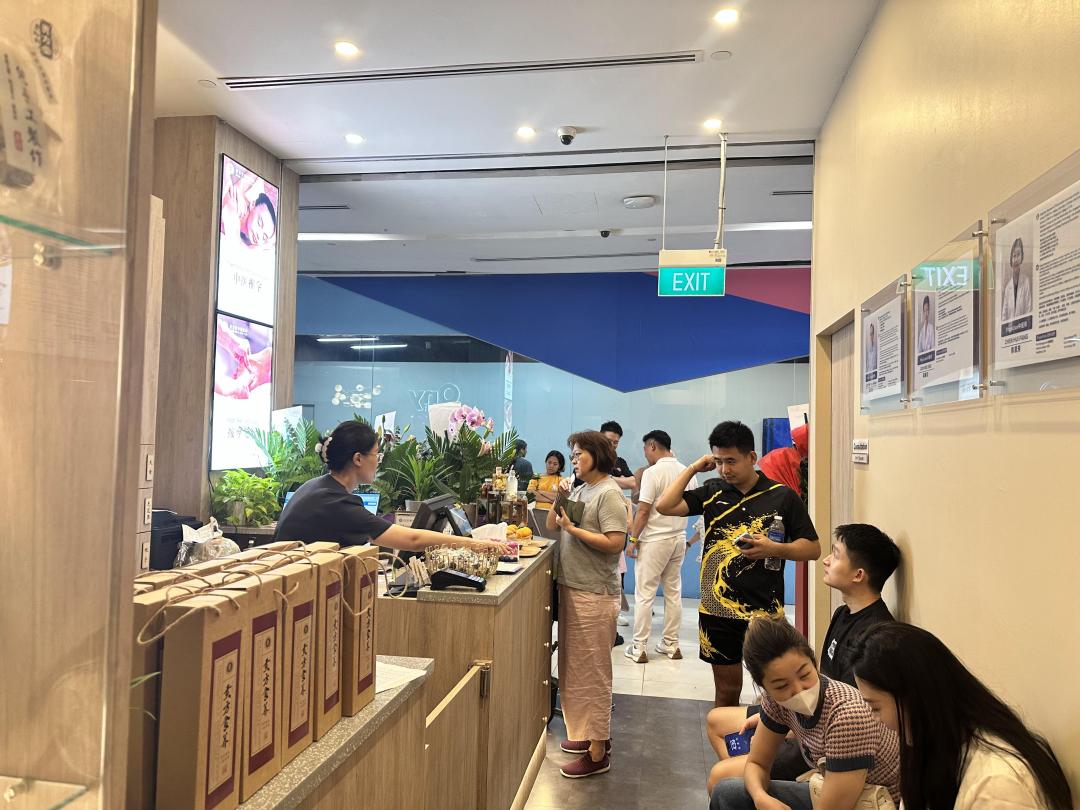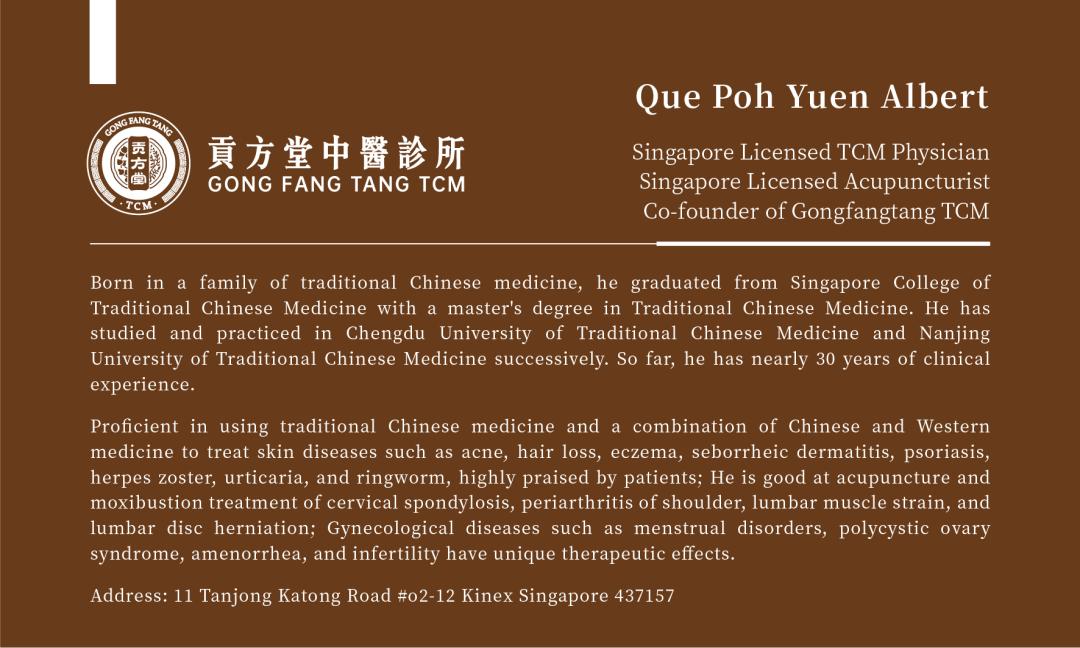- Physicians
- Clinics
- TCM
- Western GP
-
Fees
-
Deals & Privileges
- About & Resources
- Contact Us
In Singapore and across the globe, male hair loss – particularly patterns like receding hairlines and "bald spots" (often called "Mediterranean" pattern) – is a very common and frustrating issue. Western medicine often focuses on hormonal and localized factors, while Traditional Chinese Medicine (TCM) emphasizes identifying the root causes of internal imbalance, advocating for holistic regulation that addresses both symptoms and root causes.

Core Cause: Deficiency in Liver and Kidney is Fundamental
TCM theory states that "hair is the surplus of blood" (发为血之余), "the kidney stores essence, and its vitality manifests in the hair" (肾藏精,其华在发), and "the liver stores blood" (肝藏血). Male hair loss is closely linked to the liver and kidney:
Kidney Essence Deficiency (肾精亏虚): Insufficient Kidney Essence deprives hair of its fundamental nourishment, leading to thinning, weakness, and easy shedding.
Liver Blood Deficiency / Liver Qi Stagnation (肝血不足/肝郁气滞): Deficient Liver Blood or stagnant Liver Qi hinders the delivery of Qi and Blood to the scalp, causing hair to lose its nourishment.
Qi and Blood Deficiency (气血两虚): Insufficient production of Qi and Blood fails to adequately nourish the hair follicles.
Damp-Heat Rising Upwards / Blood Stasis Blocking Collaterals (湿热上蒸/血瘀阻络): Damp-heat accumulating in the body and steaming upwards to the scalp, or Blood Stasis obstructing the hair pores, disrupts the environment needed for hair growth.
The TCM Approach: Internal and External Methods
Internal Herbal Therapy (Core): Treatment is based on individual constitution diagnosis (辨证论治).
Nourishing Liver and Kidney (滋补肝肾): Common herbs include He Shou Wu (Polygonum multiflorum), Shu Di Huang (Rehmannia glutinosa, prepared), Gou Qi Zi (Lycium barbarum), Tu Si Zi (Cuscuta chinensis), Nü Zhen Zi (Ligustrum lucidum), Han Lian Cao (Eclipta prostrata).
Boosting Qi and Nourishing Blood (益气养血): Herbs like Dang Gui (Angelica sinensis), Huang Qi (Astragalus membranaceus), Dang Shen (Codonopsis pilosula), Da Zao (Ziziphus jujuba).
Soothing Liver Qi / Invigorating Blood / Clearing Damp-Heat (疏肝理气/活血化瘀/清热祛湿): Herbs such as Chai Hu (Bupleurum chinense), Dan Shen (Salvia miltiorrhiza), Chi Shao (Paeonia lactiflora root, red), Fu Ling (Poria cocos), Ze Xie (Alisma plantago-aquatica).
Key Point: Formulas differ drastically based on individual constitution. Precise diagnosis and prescription by a qualified TCM practitioner are essential.
Topical Application: Directly targets the scalp to improve the local environment.
Herbal Washes/Rubs (中药外洗/涂擦): Decoctions or tinctures made from herbs like Ce Bai Ye (Platycladus orientalis leaves), Sheng Jiang (Zingiber officinale - promotes blood circulation), Tou Gu Cao (Speranskia tuberculata), Chuan Xiong (Ligusticum chuanxiong) are applied to stimulate local blood flow. Products like Singapore Gong Fang Tang TCM's Qiu Bao Run Herbal Hair Tonic, formulated with concentrated botanical extracts, directly support the scalp environment and follicle health.
TCM-Infused Hair Care (中药成分护发品): Using shampoos and conditioners containing effective TCM ingredients can provide supplementary care.

Specialized External Therapies:
Acupuncture (针灸): Stimulates scalp points (e.g., Baihui DU20, Sishencong EX-HN1, Fengchi GB20) and systemic points (e.g., Zusanli ST36, Sanyinjiao SP6, Taichong LR3) to unblock meridians, regulate Qi and Blood, and promote follicular activity.
Plum Blossom Needle Tapping (梅花针叩刺): Gently tapping the balding areas to stimulate local Qi and Blood circulation.
Scalp Massage / Gua Sha / Cupping (头皮按摩/刮痧/拔罐): Techniques to boost scalp blood circulation and relieve tension.
Lifestyle Regulation: The Foundation for Recovery
Emotional Well-being (情志舒畅): Stress and anxiety are primary causes of "Liver Qi Stagnation." Learning to manage stress and relax is crucial.
Sufficient Sleep (充足睡眠): Staying up late depletes Liver and Kidney essence. Aim to sleep before 11 PM.
Balanced Diet (均衡饮食): Prioritize foods beneficial for Kidney and hair like black sesame, walnuts, beans, and dark leafy vegetables. Reduce greasy, spicy, and sugary foods.
Moderate Scalp Hygiene (适度清洁): Keep the scalp clean but avoid excessive washing and irritation.

Case Study
Patient: Mr. Liu, Age 32.
Chief Complaint: Significant hair loss over recent years, accompanied by an oily scalp.
Initial Consultation: No unusual scalp sensation; no specific triggers before hair loss; normal diet and bowel/urinary function; average build; pale complexion; shiny bald scalp; tongue body reddish with thin white coating; pulse deep and moderate (六脉沉缓).
TCM Diagnosis: Hair Loss (脱发).
Pattern Differentiation: Blood Deficiency failing to nourish (血虚失荣), Yang Deficiency with Phlegm Congealing (阳虚痰凝).
Treatment Principle: Nourish Blood and Replenish Essence, Warm Yang and Boost Qi, Transform Phlegm and Unblock Collaterals.
Herbal Prescription: Shen Ying Yang Zhen Tuo Fa San (神应养真脱发散). 7 doses. Decocted in water, 1 dose per day, taken twice daily.
Acupuncture Prescription: Balding areas, Baihui DU20, Tongtian BL7, Dazhui DU14, Ganshu BL18, Shenshu BL23. 2-3 times per week. 7 days per course.
Result: After 7 days of treatment, hair shedding significantly reduced. After 14 days, grayish-white fuzz began growing on the scalp.
Singapore Gong Fang Tang TCM Notes: Male hair loss has complex causes and often develops over a long period. Consistency is key in TCM regulation, and precise pattern differentiation is crucial for success. Avoid self-prescribing strong tonics or unverified folk remedies.

TCM emphasizes treatment based on pattern differentiation (辨证施治), meaning formulas are tailored to the individual. The specific herbs, dosage, and usage must be prescribed and adjusted by a qualified TCM practitioner based on your unique diagnosis. Never self-medicate blindly.